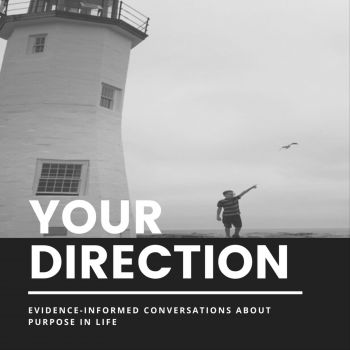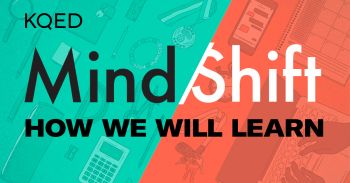News

As Teen Loneliness Rates Soar, Schools May Be Making It Worse, Scientists Say
November 9, 2022Our Co-Executive Director Andrew Fuligni, PhD, talked with Newsweek reporter Adam Piore about the importance of social connection and belonging in the middle school and high school years.
Press Releases
February 25, 2025: Announcing the UCLA Center for the Developing Adolescent’s 2024 Annual Report
January 17, 2023: New Guides Help Organizations Build Effective Youth Engagement Programs
August 16, 2021: New Report Examines Intersection of Anti-Black Racism on Youth Development
November 30, 2020: Center for the Developing Adolescent Announces New Advisory Board Members
October 1, 2020: Center for the Developing Adolescent Announces New Leadership
Stay in the Know

The Story We’re Telling About Youth Mental Health is Hurting Our Kids
October 28, 2022UCLA CDA Co-Executive Director Andrew Fuligni and FrameWorks Institute CEO Nat Kendall-Taylor explain why the persistent narrative of the “youth mental health crisis” may be inadvertently getting in the way of solutions to support young people.

Young People Need Experiences that Boost Their Mental Health
October 10, 2022In this Comment for Nature, Andrew Fuligni and Adriana Galván explain how policymakers, schools, counselors, and parents can draw on the research into adolescent development to support youth wellbeing.

Can Smartphones Help Predict Suicide?
September 30, 2022New York Times reporter Ellen Barry talked with NSCA member Dr. Nick Allen and other researchers about the promise and challenges of using digital technology to prevent suicide attempts.

Your Direction: Interview with Dr. Andrew Fuligni
September 16, 2022Our Co-Executive Director Dr. Andrew Fuligni talked about young people developing a sense of purpose through contribution on the Your Direction podcast, hosted by Dr. Patrick Hill and NSCA member Dr. Tony Burrow.

What’s the right age to get a smartphone?
September 14, 2022NSCA member Dr. Candice Odgers talked with reporter Kelly Oakes about what research says about adolescents and smart phones.

Food insecurity has lasting impacts on the brains and behavior of mice
September 12, 2022A new study from NSCA member Linda Wilbrecht and her team at UC Berkeley showed that for young mice, food insecurity led to differences in learning and decision making in adulthood. The results highlight the importance of ensuring stable access to nutritional food for human youth during adolescence.

Middle schoolers are social. What opportunity does that create for learning?
August 16, 2022Dr. Ron Dahl talked with Ki Sung at KQED MindShift about the intense social learning of early adolescence, and how that can impact middle school.

A Single, Quick ‘Mindset’ Exercise Protects against Adolescent Stress
July 6, 2022An online intervention to shift adolescents' mindsets about stressful events--like taking a test--was shown to lower stress and anxiety levels in those most vulnerable to stress. Reporter Lydia Denworth talked with NSCA member Dr. David Yeager about this new study and how it might change the way we prepare youth to tackle challenges.

More Sleep Could Improve Many U.S. Teenagers’ Mental Health
July 1, 2022As California's new law goes into effect pushing high school start times to 8:30 a.m. or later, our Co-Executive Director Dr. Andrew Fuligni talks about why sleep is so important to adolescents' mental health.
